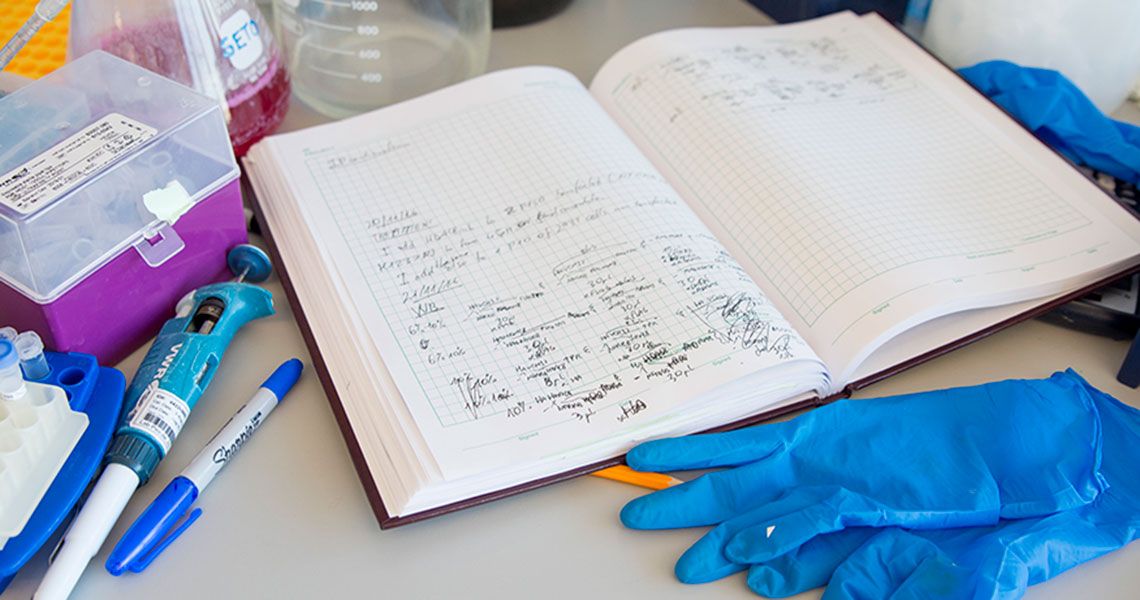The start of the 2017-18 academic year is upon us and we welcome the enthusiasm the new students bring to our programs. The start of the academic year also brings with it changes in the research programs at the School of Medicine and Health Sciences (SMHS).
With increased momentum in the SMHS research community, we are considering a revision to the structure of the Institute for Biomedical Sciences (IBS) Program. Linda Werling, PhD, professor of pharmacology and physiology, recently stepped down as director of the program in June 2017, after working closely with the university to ensure the success of our PhD students. We are grateful for her tireless leadership. During this period of reorganization, I will act as the director of graduate education, and work to enhance all aspects of our graduate education, both in the basic sciences and in the clinical/translational arena.
A leadership group has begun work exploring ways to enhance the PhD programs within IBS and align them with our strategic and departmental initiatives. Stronger PhD programs are likely to attract even more talented and capable students, whose creative energy is essential to the success of any research enterprise. As the changes in programmatic organization move forward this year, current graduate students will be offered the opportunity to join the new programs or stay in their current program.
Already, SMHS is taking steps to enhance our ability to apply for external training grants, fellowships, and career development support. The appointment of Alison Hall, PhD, as associate dean for research workforce development brings new energy to the medical student research concentration, the nascent Postdoctoral Association, and our institutional training grants. Her arrival also strengthens our research infrastructure to support clinician-investigators. She proposes new programming to support early investigators and bolster the “GW side” of the Clinical and Translational Science Award.
We also welcome Eric Vilian, MD, PhD, professor of pediatrics, who was recently appointed to serve as chair of the Department of Genomics and Precision Medicine at Children’s National Health System. He brings a strong commitment to graduate education with an emphasis on research on genetic and epigenetic mechanisms of disease, leading to individualized diagnosis, treatment, and risk stratification.
As we continue to build the research infrastructure in SMHS to more effectively support the university’s broader research mission, we will be focusing on making all of our investigators aware of the multiple resources the school has to offer. I look forward to working with you on this important topic.
Robert Miller, PhD
Senior Associate Dean for Research
Vivian Gill Distinguished Research Professor
The George Washington University School of Medicine and Health Sciences



